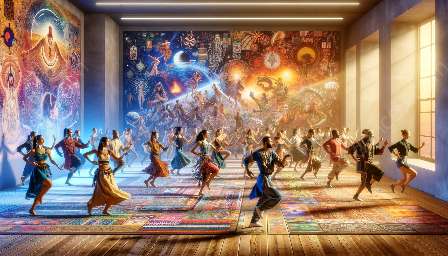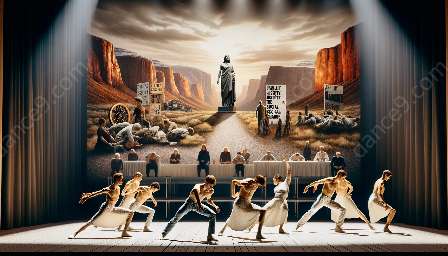Contemporary dance is not just a physical art form, but it also embodies cultural, societal, and ethical nuances. In the realm of contemporary dance training and performance, there are various ethical considerations that must be explored and respected to ensure a holistic and inclusive environment for dancers, instructors, and audiences. This topic cluster delves into the ethical elements that shape the contemporary dance landscape, addressing topics such as consent, inclusion, representation, and the responsibilities of choreographers and educators.
The Importance of Inclusivity in Contemporary Dance
In the context of contemporary dance, inclusivity plays a crucial role in creating a diverse and supportive environment for performers and participants. Ethical considerations in contemporary dance training emphasize the need to embrace dancers from various backgrounds, abilities, and identities. This involves fostering an environment that is welcoming to individuals regardless of their race, gender, sexual orientation, or physical capabilities. Instructors and choreographers have a responsibility to create inclusive spaces where everyone feels valued and respected as artists.
Consent and Respect in Movement
An ethical component that is integral to contemporary dance training and performance is the concept of consent. Dancers must have agency over their bodies and movement, and this principle should be upheld throughout the training and performance processes. Educators and choreographers are tasked with establishing clear boundaries and obtaining consent when creating choreography and guiding physical contact in rehearsals. Moreover, the importance of respecting the physical and emotional boundaries of dancers is a fundamental ethical consideration to ensure a safe and empowering dance environment.
Representation and Responsibility
Contemporary dance has the power to reflect and challenge societal norms and values. Ethical considerations in this realm involve the representation of diverse experiences and perspectives through movement. Choreographers and dance educators should consider the narratives they are portraying and the impact it may have on the audiences. It is essential to acknowledge the responsibility that comes with using movement as a form of expression and storytelling, ensuring that it is done in a respectful and culturally sensitive manner.
Empowering Dancers Through Ethical Practice
By embracing ethical considerations in contemporary dance training and performance, dancers can feel empowered to express themselves authentically while being supported by a community that values their well-being and individuality. Transparency, open communication, and ongoing education about ethical standards are pivotal in shaping a dance environment that is not only artistically enriching but also morally sound.




























